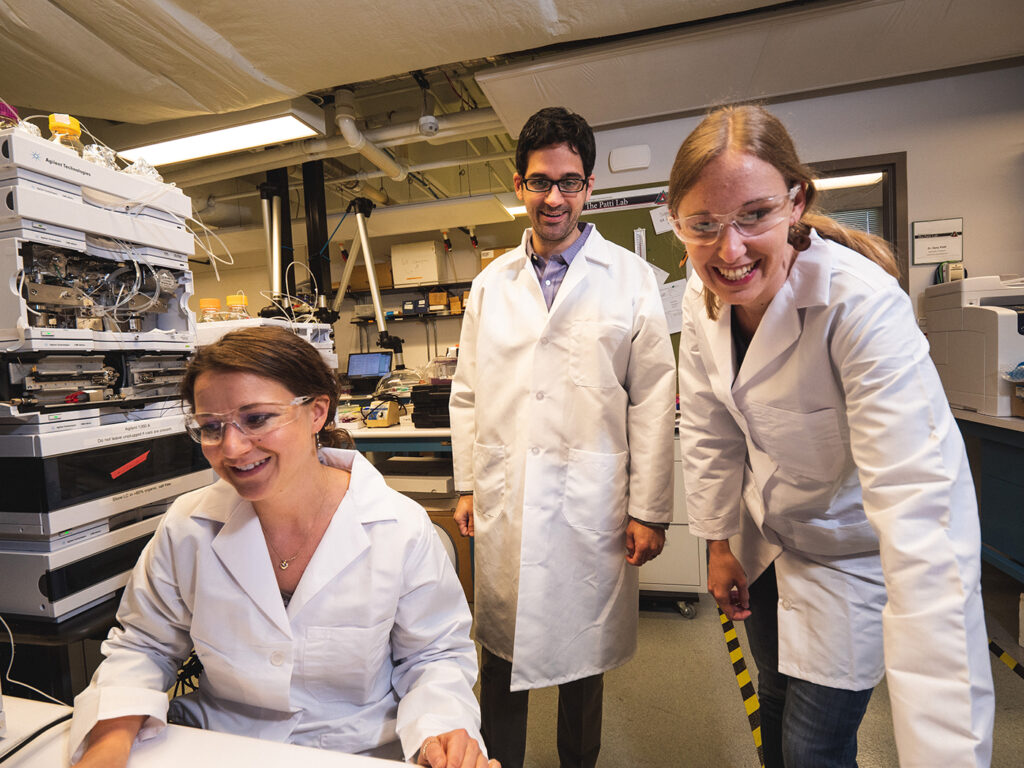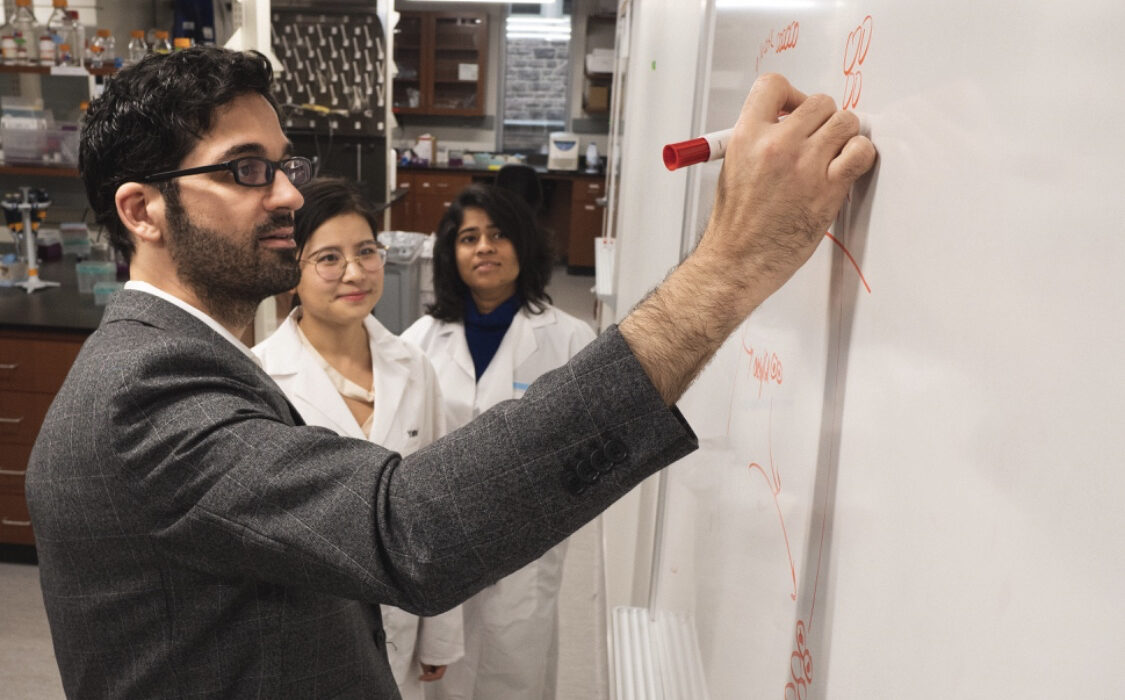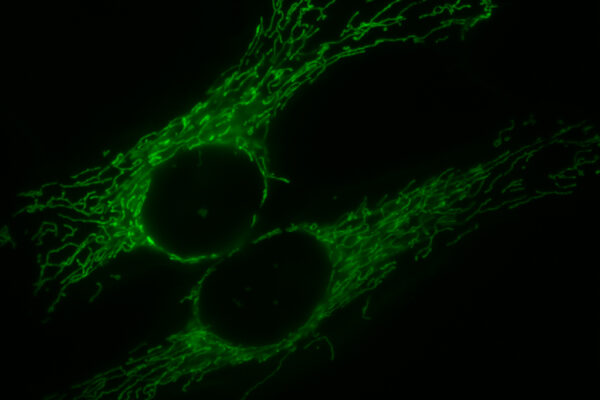A collaborative effort between Washington University in St. Louis, Agilent Technologies and the biopharmaceutical company Merck aims to expand research in the field of metabolomics, the comprehensive study of small molecules within a biological system.

Using top-of-the-line research instrumentation from Agilent, scientists in the Department of Chemistry in Arts & Sciences will develop new metabolomics workflows of interest to many members of the drug-development community. The partnership also includes salary support for postdoctoral research fellows for the next two years.
“Metabolomics provides a direct readout of biochemical activity. It is ideally suited to study the effect that drugs have on cells and tissues,” said Gary Patti, the Michael and Tana Powell Professor of Chemistry in Arts & Sciences and professor of medicine at the School of Medicine, who leads the university’s portion of the collaboration.
“With these instruments from Agilent, we are delighted to establish a dedicated training laboratory outfitted with cutting-edge mass spectrometry equipment for metabolomics,” said Feng Sheng Hu, the Lucille P. Markey Distinguished Professor and dean of the faculty of Arts & Sciences.
“Trainees will be exposed to computational approaches in metabolomics, mass spectrometry, cell work and animal work, as well as many other biochemical techniques — making them exceptional candidates to pursue careers within the biopharmaceutical industry,” Hu said. “We are grateful to Agilent and Merck for their support in helping Washington University to develop the pipeline of research experts skilled in scientific discovery within the fields of pharmacokinetics, pharmacodynamics, drug metabolism and metabolomics.”

“We are excited to participate in this collaborative effort. The combination of metabolomics with drug metabolism and pharmacokinetics (DMPK) offers significant potential to accelerate drug development,” said Sudharshana Seshadri, vice president of Agilent’s Mass Spectrometry Division. “We are confident that the Agilent LC/TQ and LC/Q-TOF workflow solutions will deliver deep insights with great accuracy and enable rapid progress for our collaborators.”
“This collaboration will fast-track the training of next-generation bioanalytical scientists at Washington University, incorporating new workflows combining metabolomics with DMPK analysis to define mode of action, off-target effects and stratification of results with metabolic biomarkers,” said Darlene Solomon, senior vice president and chief technology officer at Agilent.
“We are excited to embark on this timely collaboration,” said Dan Rock, associate vice president of pharmacokinetics and drug metabolism at Merck Research Laboratories. “Mass spectrometry and computational advancements have opened the scope of metabolomics to more global exposure-response modeling techniques, which present a truly unique path to accelerating drug discovery.”

Researchers in the Patti laboratory use metabolomics to elucidate novel biochemical mechanisms of disease. Patti himself has made major contributions in the development and application of new metabolomics technologies. He is a previous recipient of an Agilent Early Career Professor Award.
Metabolomics is transforming the ways in which drugs are discovered and developed. For example, researchers can now use metabolomics to create a full tally of drug metabolites — the individual byproducts created when the body breaks down a drug into different substances — as well as the precursors and products of the reactions that these substances affect. Such work enhances the understanding of how drugs circulate around the body and the chemical mechanisms behind their actions. This knowledge is critical to identifying which drugs can be used to treat which diseases and at what doses to administer them.
The new partnership builds upon Patti’s previous work to establish an experimental strategy to find off-target effects by metabolomics.
“Off-target effects occur when you develop a drug to do one thing, but then it also does something else unexpectedly,” Patti said. “Off-target effects can lead to toxicity and are one of the biggest reasons that drugs fail during development. The earlier that off-target effects can be identified, the better. Metabolomics has a lot of potential to help here.”
The three-way collaboration offers an opportunity to integrate the unique expertise and perspectives of academic researchers, instrument manufacturers and scientists from the pharmaceutical industry.
“This will position us to tackle the toughest challenges in drug development by applying the newest metabolomics technologies to a wide range of biological systems that span from cells and animals to human patients,” Patti said.



